If you have been injured on someone else’s property before, or if someone has been injured on your property in Georgia, you may have a premises liability case on your hands. But what exactly is premises liability, and what sort of accidents can be slotted into this category?
In the Legal Dictionary, premises liability is defined in two parts. First, premises can refer to any designated structure. This can be any building, shop, store, apartment, or land and any improvements on it. Outbuildings can also be included, such as cabanas, detached garages, and sheds. Liability is defined as “…the condition of being actually or potentially subject to a legal obligation.” In short, premises liability refers to the responsibility that a person has if someone is injured on their property.
Examples of premises liability cases can include:
- Slipping due to ice, snow or spilled water
- Low security that increases crime
- Water leaks or gas leaks
- Escalator or elevator malfunctions
Poor property maintenance can also be included in this list, though it’s an umbrella term for a number of different potential accidents. For example, if an apartment’s wiring is done poorly and it causes a fire, it would be considered the fault of the property manager. If a roof collapses because it was moldy or water-logged, any injuries resulting from that would be grounds for premises liability.
Premises liability cases can sometimes become difficult to manage due to the many categories involved and the number of exceptions that can be found. However, it will help if you have a basic understanding of the legal definition, and of what sort of cases to expect. However, this information shouldn’t be used as legal advice.



